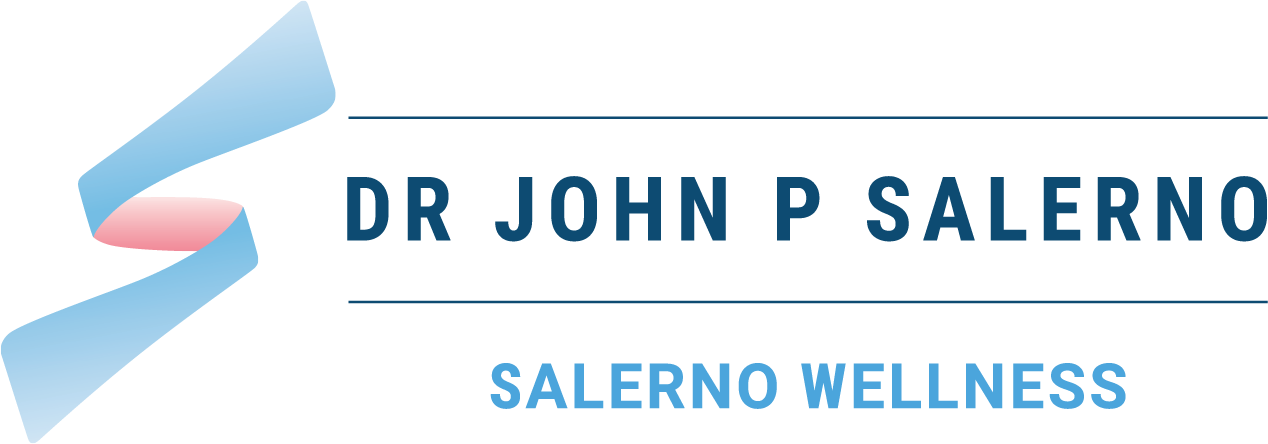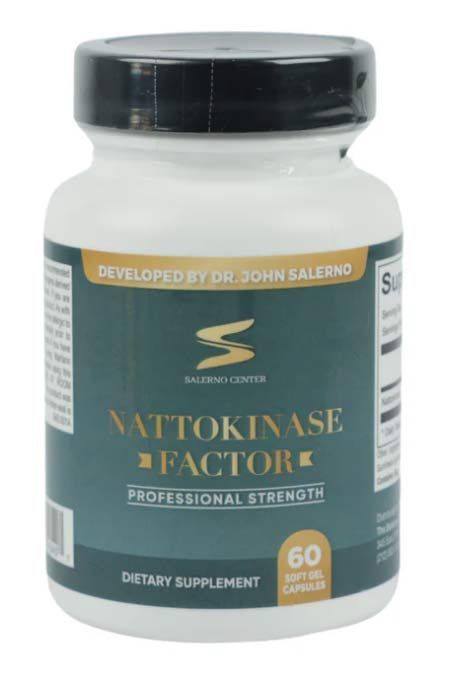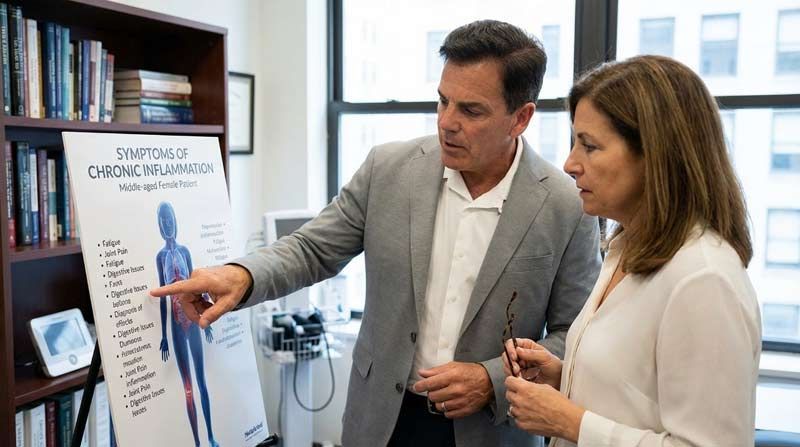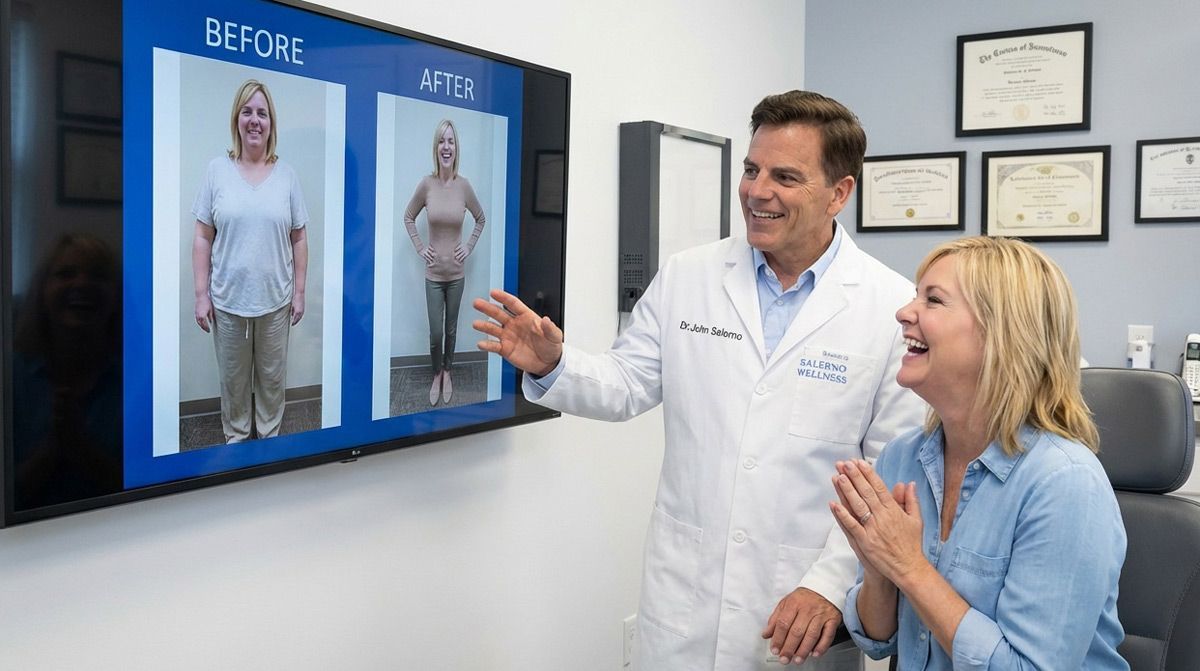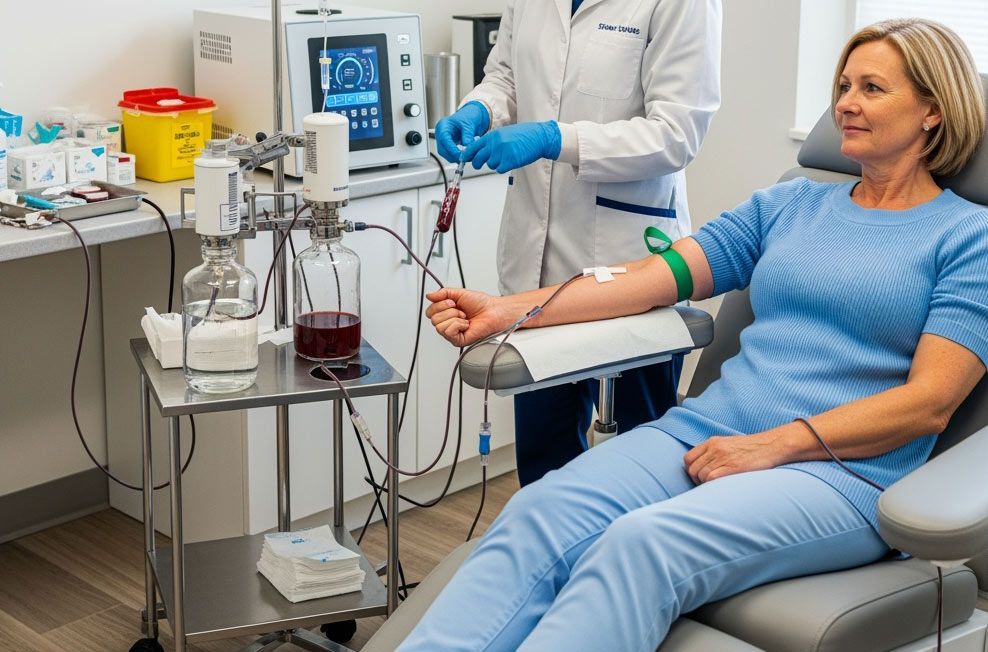Post-COVID Blood Clotting Risks: What You Need to Know
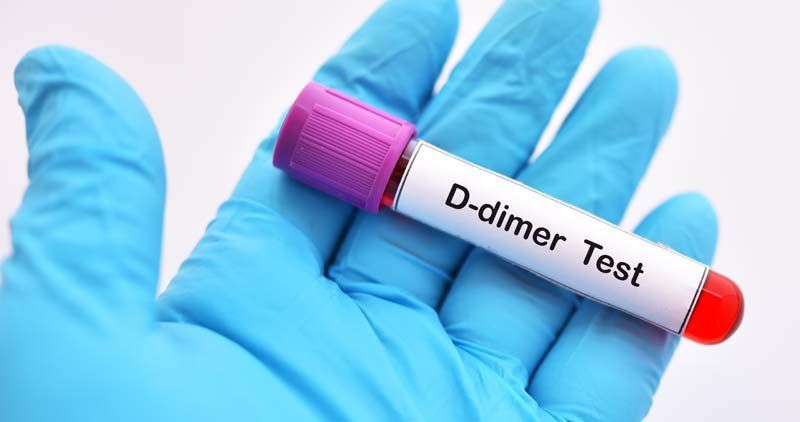
The COVID-19 pandemic has left a lasting impact on global health, and even as the immediate crisis has eased, its long-term effects are becoming clearer. One concerning trend is the increase in blood-clotting-related complications, such as strokes and heart attacks, observed in individuals who have recovered from COVID-19 or received COVID-19 vaccines. Understanding these risks and taking proactive steps to monitor and protect vascular health is essential for everyone, especially those with pre-existing conditions or lingering symptoms.
-Dr. John Salerno
The Rising Threat of Blood Clotting Post-COVID: Key Insights and Preventive Measures
Why Blood Clotting Risks Are Rising
The rise in blood clotting incidents post-COVID is linked to several factors:
- COVID-19 and Inflammation: The virus that causes COVID-19, SARS-CoV-2, triggers a strong inflammatory response in the body. This can disrupt normal blood clotting processes, increasing the risk of abnormal clot formation.
- Vaccine-Related Monitoring: Some individuals have reported elevated markers of clotting activity, such as D-dimer levels, after vaccination. These cases are rare but highlight the importance of monitoring, particularly for those with underlying risk factors.
These clots can often go unnoticed until they cause serious conditions like deep vein thrombosis (DVT), pulmonary embolisms, strokes, or heart attacks.
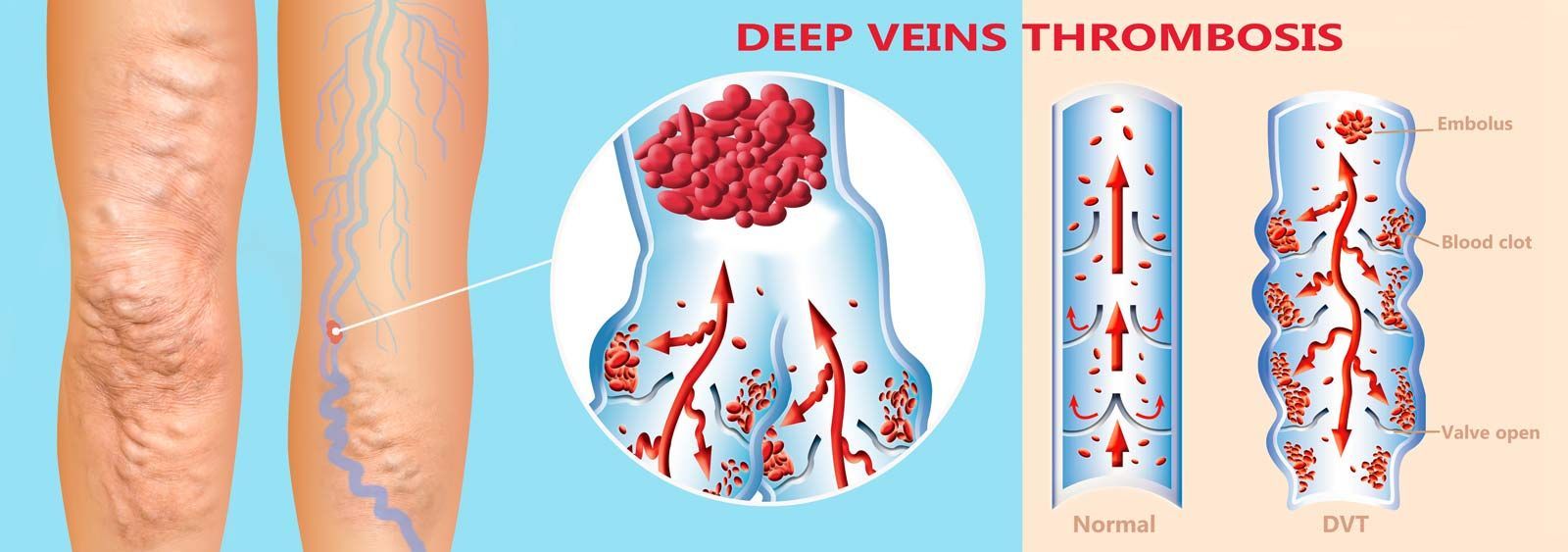
The Role of D-dimer Testing
D-dimer is a protein fragment released when blood clots dissolve. Testing for D-dimer levels can help identify clotting activity in the body. Normally, D-dimer levels are low, but elevated levels may indicate active clot formation and warrant further investigation.
This simple blood test is non-invasive and can serve as an early warning system for clotting risks. While a high D-dimer result doesn't confirm the presence of a clot, it signals the need for additional diagnostic steps, such as imaging or further blood tests.
Who Should Consider Testing?
Certain groups may benefit from D-dimer testing to assess their risk of blood clots:
- Individuals recovering from COVID-19
- People who have received COVID-19 vaccines and experience symptoms like swelling, headaches, or shortness of breath
- Those with a history of clotting disorders or cardiovascular issues
- Older adults or individuals with immune disorders or blood diseases
Proactive testing can help identify risks early and prevent serious complications.
Additional Diagnostic Tools
If D-dimer levels are elevated, further diagnostic measures can provide a clearer picture of clotting risks:
- Ultrasound Imaging: This painless procedure can detect clots in veins or arteries, such as DVT in the legs or larger clots in the chest.
- Complementary Blood Tests: Additional tests can assess overall blood health, inflammation markers, and clotting tendencies, helping to guide personalized care.
Preventing Blood Clots
Prevention is key to reducing the risk of blood clots. While medical interventions may be necessary for some, simple lifestyle changes can also make a significant difference:
- Stay Active: Regular physical activity promotes healthy blood circulation.
- Hydrate: Proper hydration helps prevent blood from thickening.
- Adopt an Anti-inflammatory Diet: Foods rich in omega-3 fatty acids, like salmon and flaxseeds, support cardiovascular health and reduce inflammation.
Nattokinase Factor
Nattokinase Factor is a dietary supplement formulated by Dr. John Salerno to support circulatory health. It features nattokinase, a naturally occurring enzyme extracted from fermented soybeans, which has been studied for its role in promoting healthy blood flow and vascular function. Nattokinase Factor is intended for individuals seeking to support cardiovascular wellness as part of a healthy lifestyle.
Nattokinase is an enzyme with fibrinolytic properties, meaning it assists the body in breaking down fibrin, a protein involved in blood clotting. This activity may help maintain healthy circulation. Unlike some enzymes that require activation, nattokinase is active in its natural form, allowing it to function when taken orally on an empty stomach.
A Shared Responsibility
The post-COVID era presents unique health challenges, but awareness and early action can help mitigate risks. Whether you've had COVID-19, received a vaccine, or are simply concerned about your vascular health, staying informed and proactive is essential.
By understanding the risks, utilizing tools like D-dimer testing, and adopting healthy habits, we can all take steps to protect our long-term well-being in this evolving health landscape.
Summary
The COVID-19 pandemic has led to increased blood-clotting-related complications, such as strokes and heart attacks, among individuals who have recovered from the virus or received vaccinations. This rise is attributed to the inflammatory response triggered by the virus and, in some cases, the effects of the vaccines, which have led to elevated clotting markers like D-dimer.
D-dimer testing can help identify individuals at risk by detecting clotting activity, although high levels do not confirm the presence of clots. Certain groups, including those recovering from COVID-19, vaccinated individuals with concerning symptoms, and people with a history of clotting disorders, may benefit from this testing.
Further diagnostic procedures like ultrasound imaging and additional blood tests can provide a clearer picture of clotting risks. To prevent blood clots, individuals are encouraged to stay active, maintain hydration, and adopt an anti-inflammatory diet. Overall, awareness and proactive health measures are essential in navigating post-COVID health challenges.
